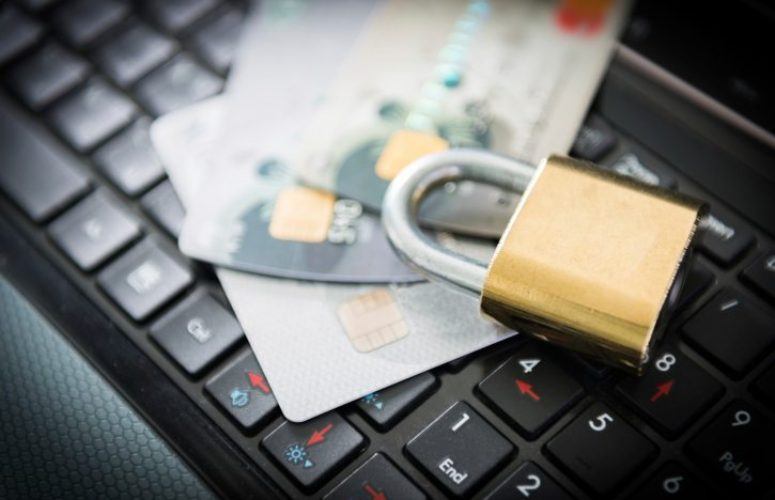
New Credit Card Chip Marks Demise of Wipe and Sign this Holiday Season
On Nov 24, 2015This movement is expected to gain even greater momentum as liability for fraudulent credit-card transactions shifts to U.S. merchants from the issuing company. “Before October 1, 2015, the burden for credit card fraud fell on the credit card company, but has since shifted to the retailer,” said Wayne Heaton, CPA, a partner in Withum’s Princeton office. “During the course of the last several months, credit card companies have been issuing new credit cards that contain an EMV – or Europay, MasterCard and Visa – chip. This system has been in use internationally, although it has been slow in coming to the United State due to our complex markets.”
The arrival of the EMV chip coincides with efforts combat credit card fraud nationwide. At present, the United States accounts for nearly 50 percent of world’s credit card fraud. As of October 1, the burden now depends upon the merchant’s equipment and the type of credit card used by the customer. The transaction party (merchant/issuing company) using the oldest technology will bear the burden of a fraudulent transaction.
“If a transaction for a customer using a card with an EMV chip is processed through a ‘swipe-and-sign’ reader, the burden falls on the merchant,” said Heaton, who has more than 25 years of experience in public accounting. “Conversely, if a transaction for a customer using a card without an EMV chip is processed through a newer style terminal, the burden falls on the credit-card issuing company or processor.”
To comply with use of EMV-embedded credit cards, merchants must install new “dip-and-sign” card terminals which could, with related software upgrades, cost between $600 to $1,000 each. “Many retailers are continuing to use the older ‘sign-and-swipe’ machines after weighing the cost of new equipment versus the potential of fraud liability,” explained Heaton, who noted an exception is being made for gas stations, which have until 2017.
According to Heaton, this is the first phase of the transition. “In the future, it is expected both ‘swipe and sign’ and ‘dip and sign’ will be replaced with a system that utilizes both the EMV chip and a pin number. “This ‘chip and pin’ system is already a common practice in Europe.”
Heaton is a licensed public accountant in the state of New Jersey, specializing in general taxation and estate planning as well as accounting and auditing. A graduate of Temple University, he is a member of the American Institute of Certified Public Accountants; Pennsylvania Institute of Certified Public Accountants; Mercer County, N.J., Estate Planning Council; and Lower Bucks County, PA Chamber of Commerce.
Related Articles:



